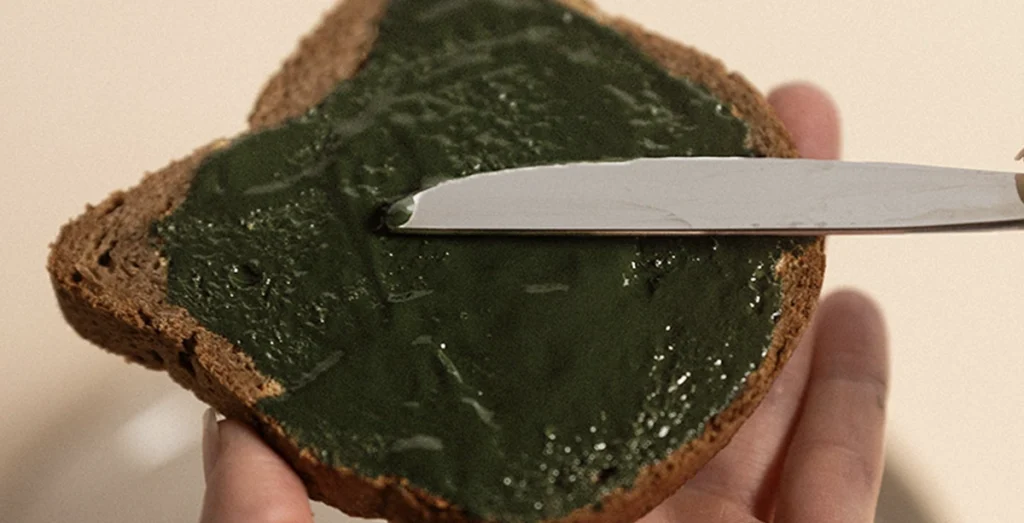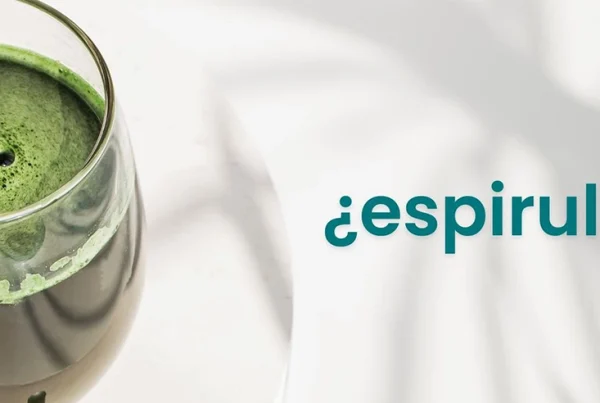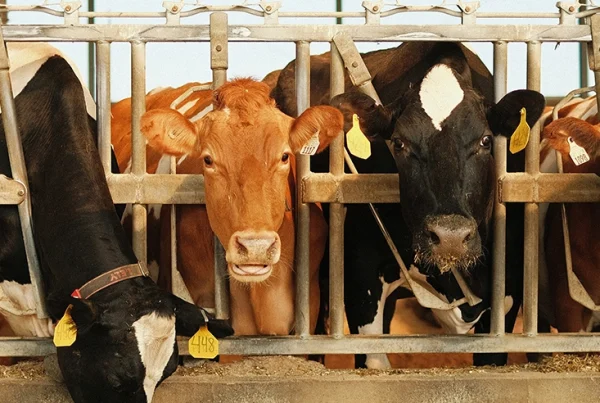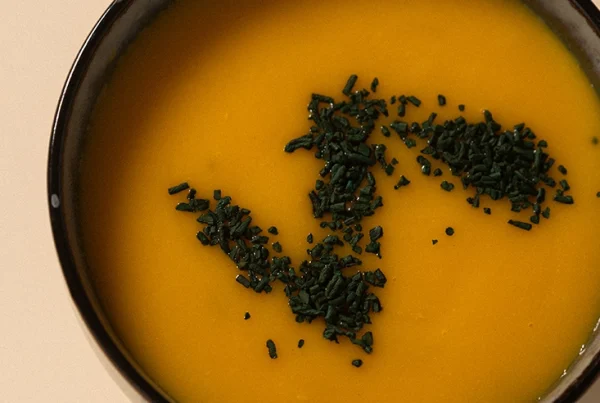While in some parts of the world people suffer from not having enough to eat, in many industrialized societies the problem is the opposite: there is an excess of empty nutrient calories.
When we talk about malnutrition, we often associate it only with malnutrition in third world countries. However, the problem is much broader and also affects the Western world, where overfeeding with ultra-processed products has led to silent nutritional poverty.
In both scenarios, fresh spirulina presents itself as a natural and powerful solution to provide the essential nutrients the body needs.
Malnutrition: A Double-Sided Problem
Malnutrition is not only a lack of food, but also a lack of adequate nutrients in the diet. While in some parts of the world people suffer from not having enough to eat, in many industrialized societies the problem is the opposite: there is an excess of calories from ultra-processed foods, rich in trans fats, sugars and additives, but poor in vitamins, minerals and quality proteins.
This phenomenon, known as “hidden hunger,” causes nutritional deficiencies that affect long-term health, with an increase in diseases such as type 2 diabetes, obesity, cardiovascular disease and metabolic disorders.

Why is spirulina key in the fight against malnutrition?
Fresh spirulina is a microscopic algae with an exceptional nutritional profile. It has been used for centuries as a food source in various cultures and today is considered a superfood capable of improving the nutritional quality of any diet.
- Source of proteins of high biological value: Contains up to 60% of complete proteins, with all the essential amino acids. Ideal for populations with limited access to animal proteins or unbalanced diets.
- Rich in essential vitamins and minerals: It provides bioavailable iron (essential to prevent anemia), calcium, magnesium, zinc and B vitamins.
- Antioxidant and anti-inflammatory power: Its phycocyanin and beta-carotene content helps to combat oxidative stress and chronic inflammation, common in deficient diets.
- Metabolism regulation: May contribute to improve insulin sensitivity and balance blood glucose levels.
- Strengthening of the immune system: Promotes the production of defensive cells, protecting the body from infectious and chronic diseases.
A Powerful Food for All
Fresh spirulina is versatile and can be easily incorporated into any diet. From smoothies to vegetable creams, this is a natural way to improve nutrition without resorting to synthetic supplements.
In addition, its production is sustainable and environmentally friendly, making it a viable alternative to combat malnutrition globally without compromising the environment.
Whether in communities with food shortages or in societies with food surpluses but nutrient deficiencies, malnutrition is a problem that affects millions of people around the world. Fresh spirulina is positioned as a natural and effective solution to balance the diet, offering a complete nutritional profile in an accessible and sustainable way.
Es hora de replantearnos qué significa realmente estar bien alimentados y apostar por opciones que nutran nuestro cuerpo de manera integral. ¡La espirulina fresca es el aliado perfecto en esta misión!











